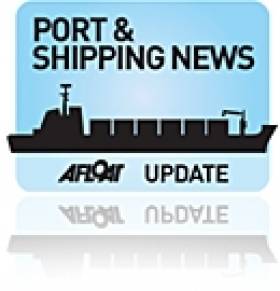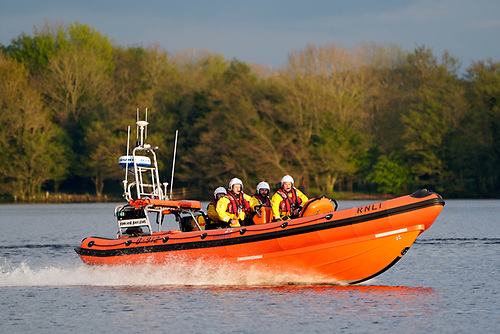Displaying items by tag: HighSeason
The 'Lynx' Returns to Dun Laoghaire
on the Dun Laoghaire-Holyhead route, writes Jehan Ashmore.
ferry Stena Europe on the Rosslare-Fishguard route. Prior to then the Lynx craft also served Spring
sailings on the Dun Laoghaire-Holyhead service as a replacement vessel of the HSS Stena Explorer.
The reasoning for the change of vessels on the central Irish Sea route during the Spring and
forthcoming Autumn /Winter seasons is a cost-cutting measure on behalf of operators Stena Line.
The larger HSS craft is becoming increasingly more expensive to run using fuel thirsty gas-
turbine engines, compared to the smaller capacity Stena Lynx III, which can be used instead
during the quieter months.
Stena Explorer is to be withdrawn with the last round trip sailing tomorrow (14 September)
departing Holyhead at 10.00hrs and arriving at Dun Laoghaire at noon. Correspondingly the HSS departs
the Irish port at 13.15hrs and returns to the Welsh port two hours later.
On the following day (15 September) the Stena Lynx III will make her first outbound departure
from Holyhead at 10.00hrs arriving Dun Laoghaire at 11.50hrs. After a turn-around period in the Irish port
the Lynx departs at 13.15hrs with an arrival to the Anglesey port at 15.05hrs.






























































